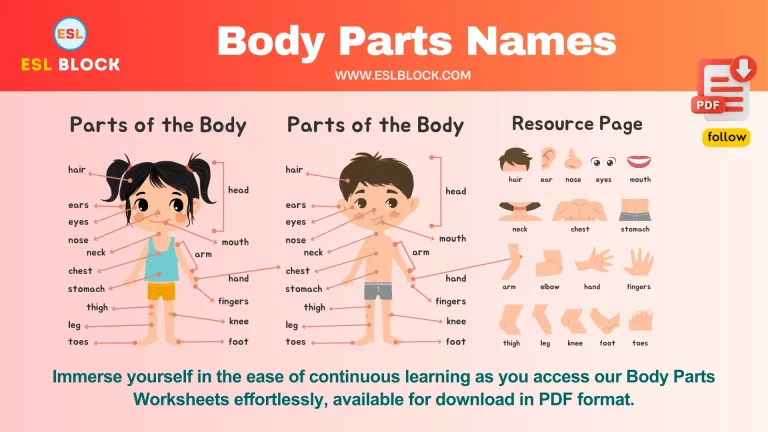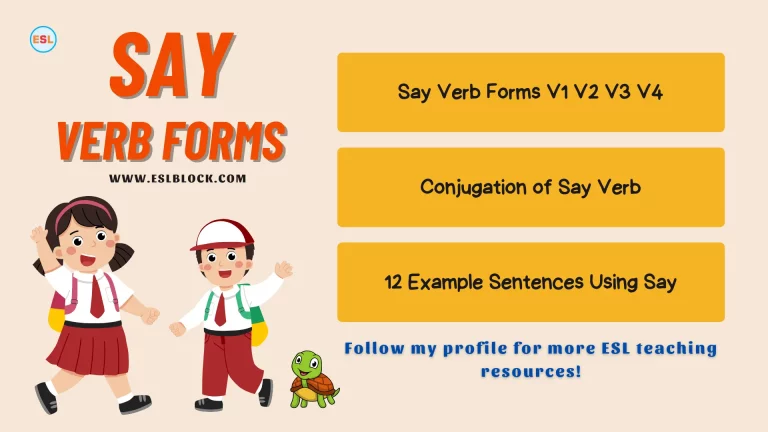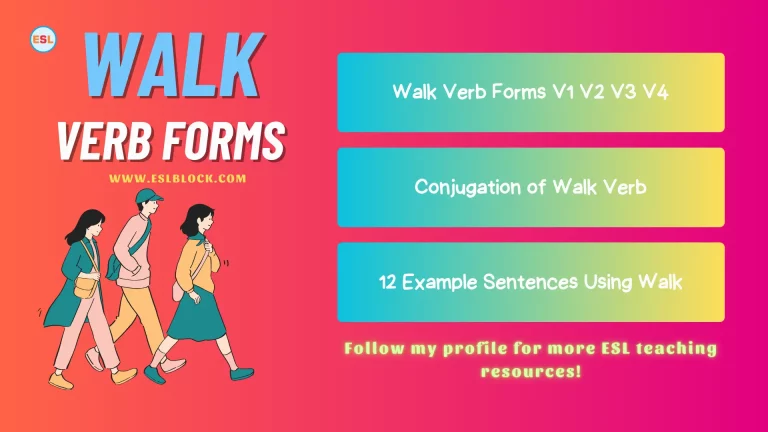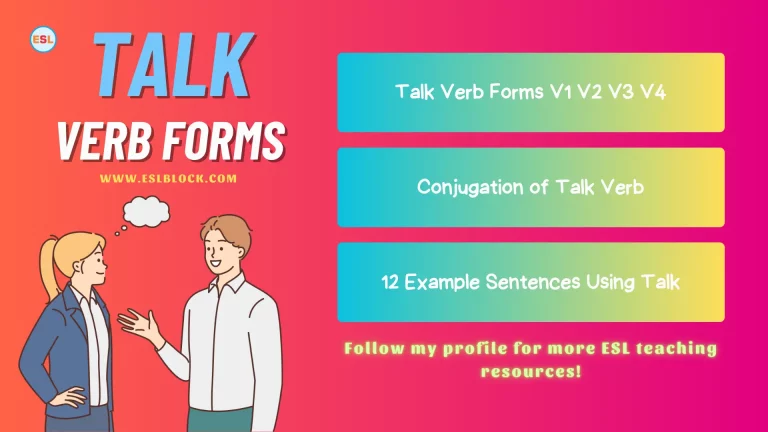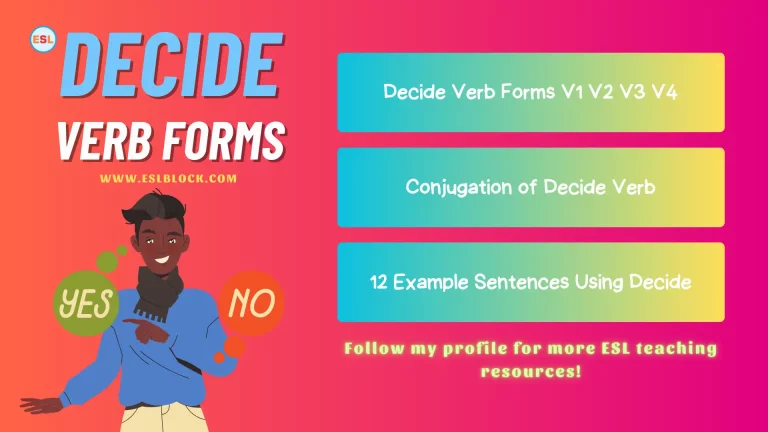Dynamic Verbs in English with Example Sentences

Welcome to the world of dynamic verbs, the vibrant architects of action in English grammar! ? Nestled within the dynamic landscape of parts of speech, dynamic verbs hold a pivotal role in breathing life into sentences.
Today, we embark on a journey to unravel the definition, meaning, and significance of dynamic verbs, exploring their essential place in the intricate structure of English grammar.
Dynamic verbs, often the unsung heroes of expression, occupy a distinctive position among parts of speech. ? These verbs, synonymous with action and change, propel sentences forward, infusing energy and movement into language.
Let’s delve into the essence of dynamic verbs, demystifying their role and uncovering their vital contribution to the richness of English expression.
Also Check: Parts of Speech
What are Dynamic Verbs?
Dynamic verbs, also known as action verbs, are linguistic powerhouses that denote an action, process, or change of state. Unlike stative verbs that express a state or condition, dynamic verbs capture the essence of movement and activity.
For instance, in the sentence “She runs marathons,” the dynamic verb “runs” encapsulates the action of participating in marathons, showcasing the dynamic nature of the activity. This characteristic enables dynamic verbs to convey a sense of vitality and progression within a sentence, making them indispensable for articulating dynamic actions and events.
Examples of Dynamic Verbs
Explore the world of dynamic verbs through this list:
- Run
- Jump
- Dance
- Sing
- Swim
- Create
- Build
- Play
- Explore
- Write
- Cook
- Solve
- Drive
- Teach
- Learn
- Laugh
- Climb
- Speak
- Compete
- Paint
Example Sentences using Dynamic Verbs
- She runs five miles every morning.
- The athlete effortlessly jumps over the high hurdle.
- Couples gracefully dance under the starlit sky.
- Birds in the garden melodiously sing at dawn.
- Dolphins elegantly swim in the crystal-clear ocean.
- The artist passionately creates captivating artworks.
- Engineers meticulously build innovative structures.
- Children enthusiastically play in the vibrant playground.
- Explorers boldly explore uncharted territories.
- She eloquently writes captivating stories.
- He skillfully cooks a gourmet meal for his guests.
- Mathematicians diligently solve complex equations.
- He confidently drives a sleek sports car.
- The professor patiently teaches intricate theories.
- Students eagerly learn new concepts in every class.
- The joke was so funny; we couldn’t help but laugh.
- Climbers bravely climb the towering mountain.
- Public speakers eloquently speak in front of large audiences.
- Athletes fiercely compete in the championship.
- The artist passionately paints vibrant canvases in the studio.
Conclusion
In the vibrant tapestry of English grammar, dynamic verbs emerge as the vivid threads weaving a narrative of action and vitality. ? Their ability to convey movement and change infuses life into sentences, making them essential for expressing dynamic actions and events.
As we navigate the realm of language, let’s recognize the importance of dynamic verbs in articulating the energy and dynamism inherent in our daily lives. In the grand symphony of parts of speech, dynamic verbs stand as the conductors, orchestrating the rhythm and flow of our expressions.

